Tokyo might seem like any other bustling metropolis from the outside. Yet beneath its neon-lit surface lies a complex web of social customs that have been refined over centuries. These aren’t just arbitrary rules — they’re the unspoken social glue that keeps a city of nearly 14 million people functioning smoothly and harmoniously.
Understanding these customs isn’t about walking on eggshells or losing your personality. Here is a list of 20 etiquette tips that’ll help you blend in naturally and earn genuine appreciation from the locals you encounter.
Remove Your Shoes Indoors
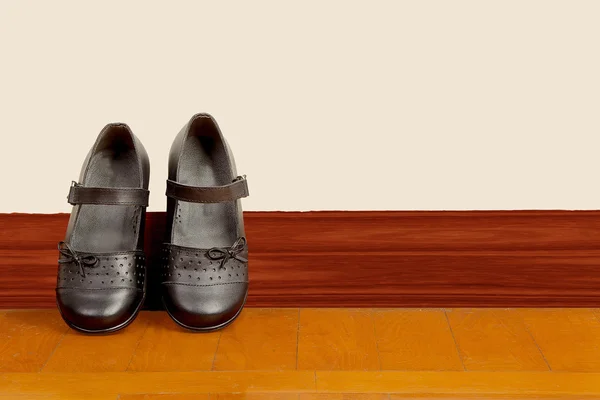
This one’s non-negotiable in homes, many restaurants, and traditional accommodations. Japanese people see shoes as carrying the outside world’s dirt and negative energy into clean, sacred spaces.
You’ll usually find slippers waiting at the entrance, though they might be comically small if you wear anything above a size 9.
Bow Slightly When Greeting

A small nod or slight bow shows respect and acknowledgment. Think of it like a handshake’s cousin. Not as formal as a deep ceremonial bow, but more thoughtful than a casual ‘hey.’
The deeper the bow, the more respect you’re showing, yet a casual 15-degree dip works perfectly for most everyday interactions.
Like Travel Pug’s content? Follow us on MSN.
Keep Your Voice Down on Trains
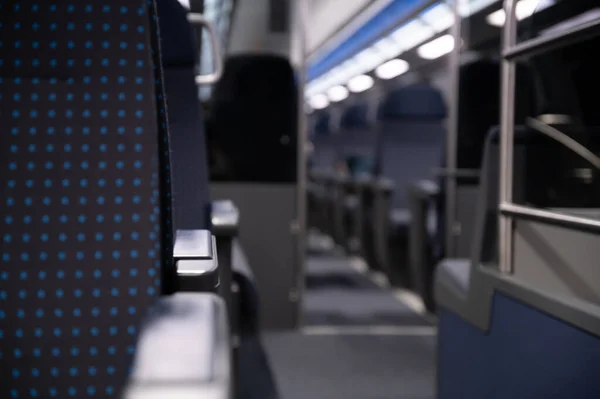
Tokyo’s trains are essentially moving libraries where people catch up on sleep, read, or simply zone out after long workdays. Loud conversations stick out like a sore thumb. The same goes for phone calls or boisterous laughter.
Even businesspeople conducting important calls step off at the next station, continuing their conversation on the platform instead.
Don’t Eat While Walking

Food is meant to be enjoyed mindfully, not wolfed down while rushing between subway stations. This applies to everything from convenience store snacks to ice cream cones.
You’ll notice locals either eating or standing near where they bought the food, or finding a proper place to sit down and enjoy their meal.
Use Both Hands for Business Cards

Receiving someone’s business card with both hands and taking a moment to read it shows you value the person and their position. It’s like receiving a small gift rather than just another piece of paper.
Keep it visible on the table during meetings — and never write on it or stuff it carelessly into your back pocket.
Like Travel Pug’s content? Follow us on MSN.
Master the Art of Not Tipping

Tipping can insult people here because it implies they don’t take pride in their work. Or that their employer doesn’t pay them fairly. Exceptional service is simply expected, not something that requires extra payment.
If you absolutely must show appreciation, a sincere ‘arigato gozaimashita’ with a bow works much better than leaving money.
Wait Your Turn at Train Doors
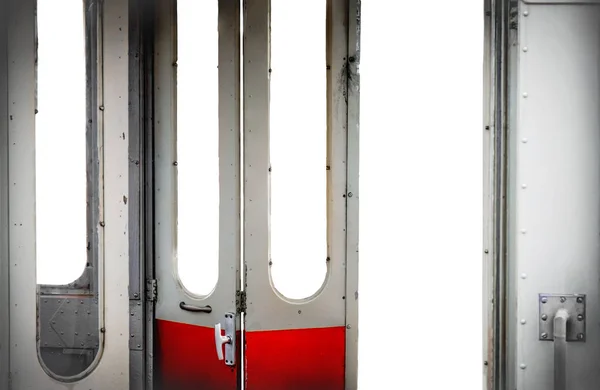
When trains arrive, step to the sides of the doors and let passengers exit completely before boarding. It’s like a well-choreographed dance. This prevents the chaos you see in other cities’ subway systems.
Pushing onto a train while people are trying to get off creates bottlenecks and frustrated commuters.
Don’t Point with Your Index Finger

Pointing directly at people or things with your finger comes across as rude and aggressive. Instead, gesture with your whole hand or use your chin to indicate direction.
It’s similar to how pointing at someone during an argument escalates tension — the same principle applies here.
Like Travel Pug’s content? Follow us on MSN.
Slurp Your Noodles Loudly

This may feel unusual to Western sensibilities. However, slurping serves a purpose beyond cultural tradition. The technique cools down hot noodles and enhances the flavor by mixing air with the broth.
Think of it as the Japanese equivalent of properly aerating wine — it’s not bad manners, it’s proper technique.
Never Stick Chopsticks Upright in Rice

This resembles incense sticks placed at funerals and gravesites — so it carries deeply negative connotations. Always rest your chopsticks on the little stand provided or across the rim of your bowl.
It’s one of those things that seems harmless but can genuinely disturb people on a spiritual level.
Keep Your Phone on Silent Mode
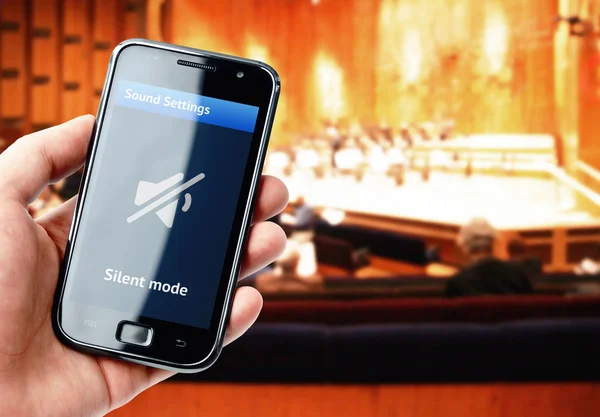
Phone ringtones in public are considered disruptive and impolite. Everyone keeps their devices on vibrate or silent, checking them visually rather than waiting for audio alerts.
If you absolutely must take a call, step outside or find a designated phone area in larger stations.
Like Travel Pug’s content? Follow us on MSN.
Don’t Blow Your Nose in Public

Public nose-blowing is viewed as unsanitary and inconsiderate, similar to how spitting might be perceived in other cultures. Instead, people quietly sniffle until they can excuse themselves to a restroom.
Carry tissues and handle any nasal issues privately. Your fellow commuters will appreciate the discretion.
Learn the Escalator Rules
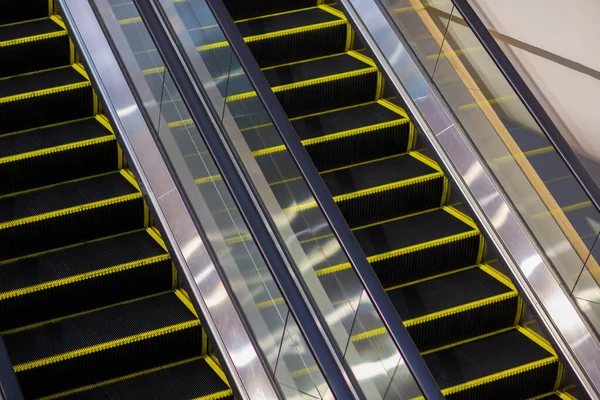
In Tokyo, stand on the left side of the escalators and walk on the right side. This isn’t just a suggestion. It’s a rigid social contract that keeps foot traffic flowing smoothly.
Breaking this rule during rush hour can earn you some seriously annoyed looks from people trying to catch their trains.
Wrap Gifts Beautifully

Presentation matters enormously in Japanese culture, often more than the actual gift itself. Even small souvenirs should be wrapped neatly or presented in proper bags.
It shows you put thought and care into the gesture, rather than just grabbing something off a shelf at the last minute.
Like Travel Pug’s content? Follow us on MSN.
Keep Backpacks in Front on Crowded Trains
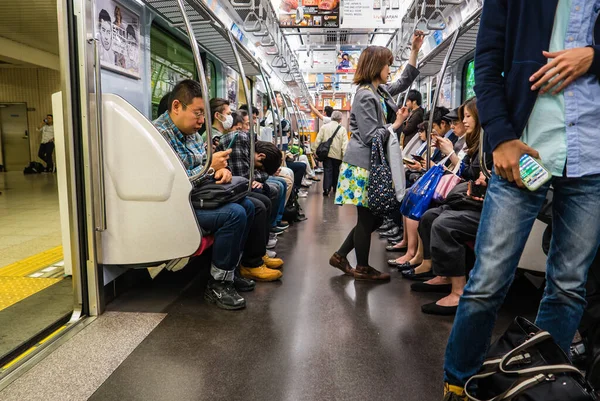
During rush hour, swing your backpack around to your chest to avoid accidentally hitting other passengers. Train cars pack tighter than sardine cans. An unaware backpack can bruise ribs or knock people off balance.
It’s a simple consideration that prevents a lot of minor injuries and irritation.
Use Correct Train Car Entrances
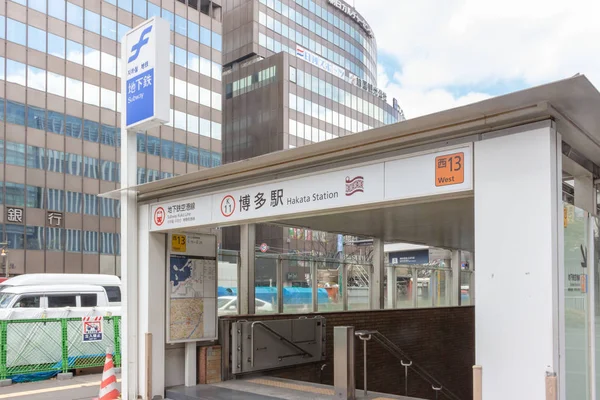
Many trains have designated cars for women during rush hours, usually marked in pink. Pay attention to platform markings and car designations to avoid accidentally boarding the wrong section. It’s not just about following rules.
It’s about respecting spaces designed for safety and comfort.
Don’t Touch People’s Heads
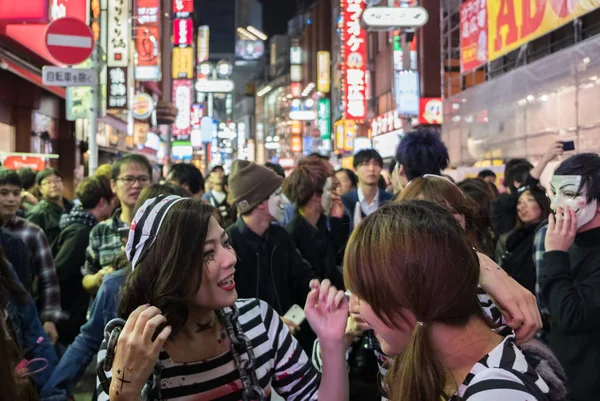
Heads are considered sacred in many Asian cultures, including Japan. Patting someone on the head, even children, can be seen as disrespectful or overly familiar.
Keep your hands to yourself unless you know someone very well. Even then, err on the side of caution.
Like Travel Pug’s content? Follow us on MSN.
Master Basic Japanese Phrases
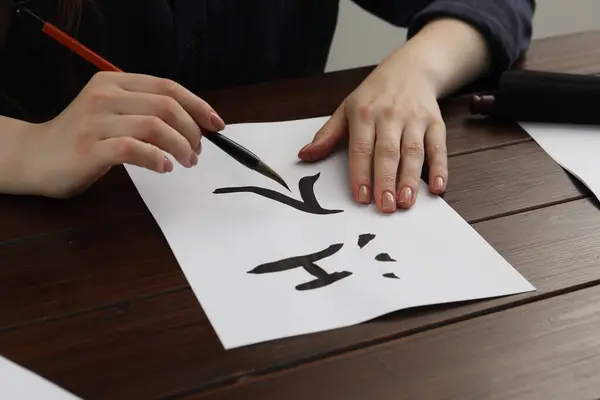
Learning simple words like ‘sumimasen’ (excuse me), ‘arigato gozaimasu’ (thank you), and ‘gomen nasai’ (sorry) shows effort and respect. You don’t need to be fluent, though making an attempt to communicate in the local language demonstrates that you value the culture rather than expecting everyone to accommodate you.
Don’t Eat or Drink on Local Trains
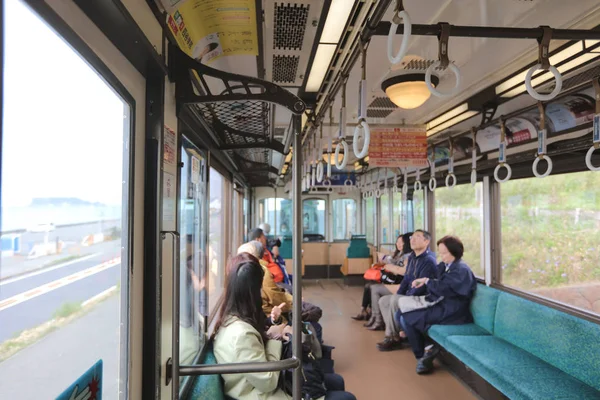
While long-distance trains allow eating, local commuter trains are different. Save your snacks and drinks for before or after your journey. The exception is water during extremely hot weather, yet even then, people are discreet about it.
Avoid Public Displays of Affection

Hand-holding is generally acceptable, though kissing, hugging, or other intimate gestures in public make people uncomfortable. Japanese culture values privacy and discretion in personal matters.
Think of public spaces as shared living rooms, where a more conservative approach is expected.
Like Travel Pug’s content? Follow us on MSN.
Where Ancient Meets Modern
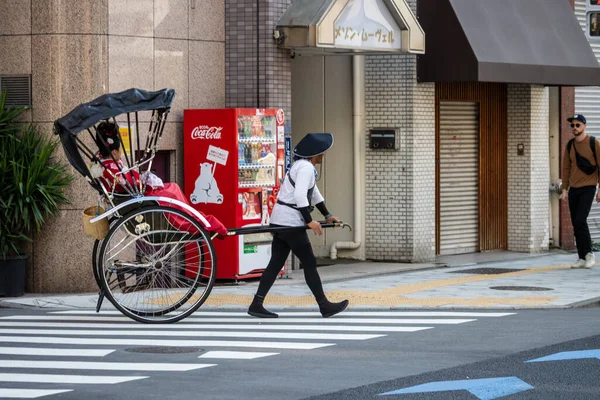
These etiquette guidelines reflect Japan’s successful balance between preserving traditional values and embracing modern urban living. What makes Tokyo remarkable isn’t just its efficiency or technology. It’s how millions of people navigate shared spaces with mutual respect and consideration.
Following these customs doesn’t make you less authentic. It makes you a thoughtful visitor who appreciates the cultural framework that makes this incredible city function. The effort you put into understanding these social norms will be noticed and genuinely appreciated by the people you encounter.
More from Travel Pug

- 20 Best Beach Towns in the Carolinas
- 13 Destinations Where Tourists Regularly Regret Their Trip
- 20 Things You Actually Get in First Class
- 20 Small Airports With Aviation Museums
- 20 Places in the U.S. That Are Perfect for a Reset Trip
Like Travel Pug’s content? Follow us on MSN.
